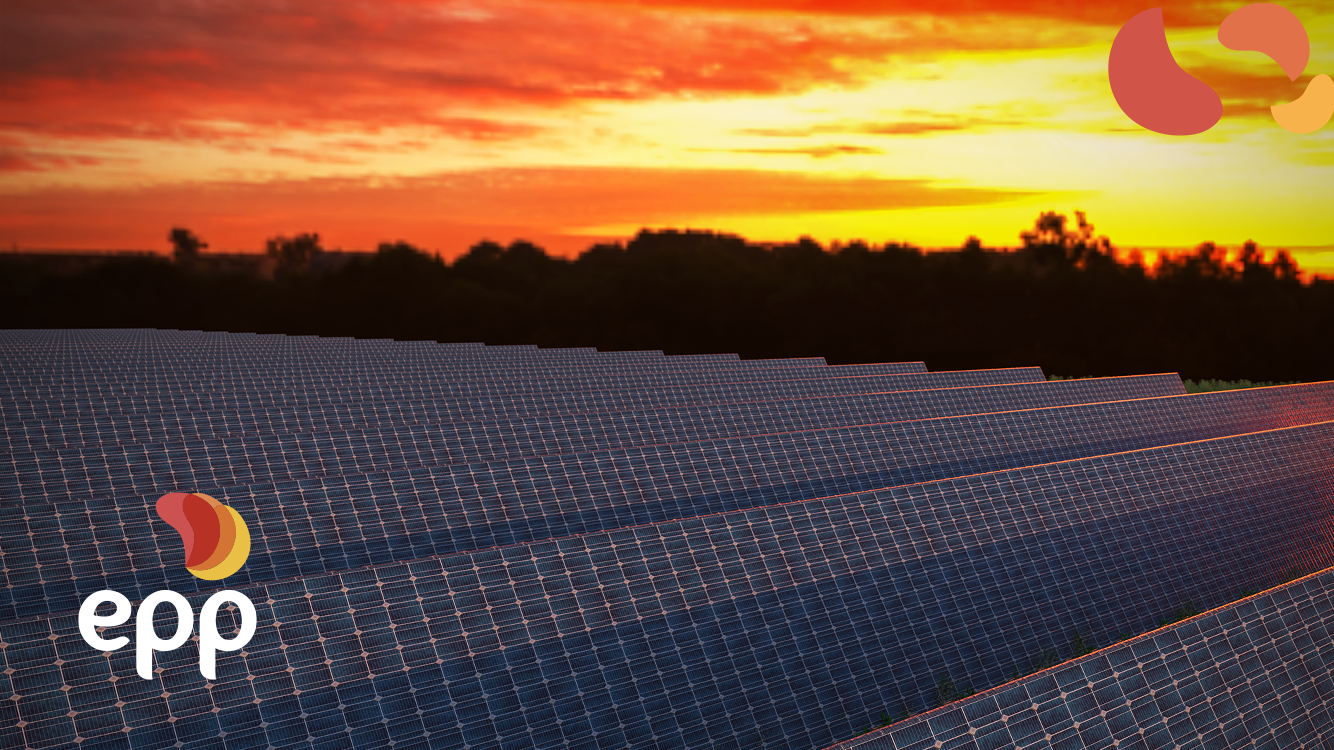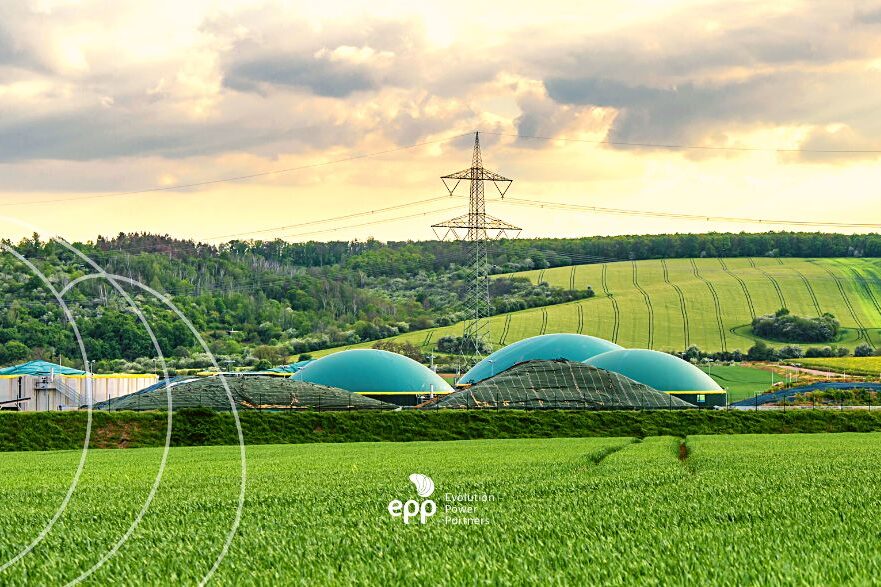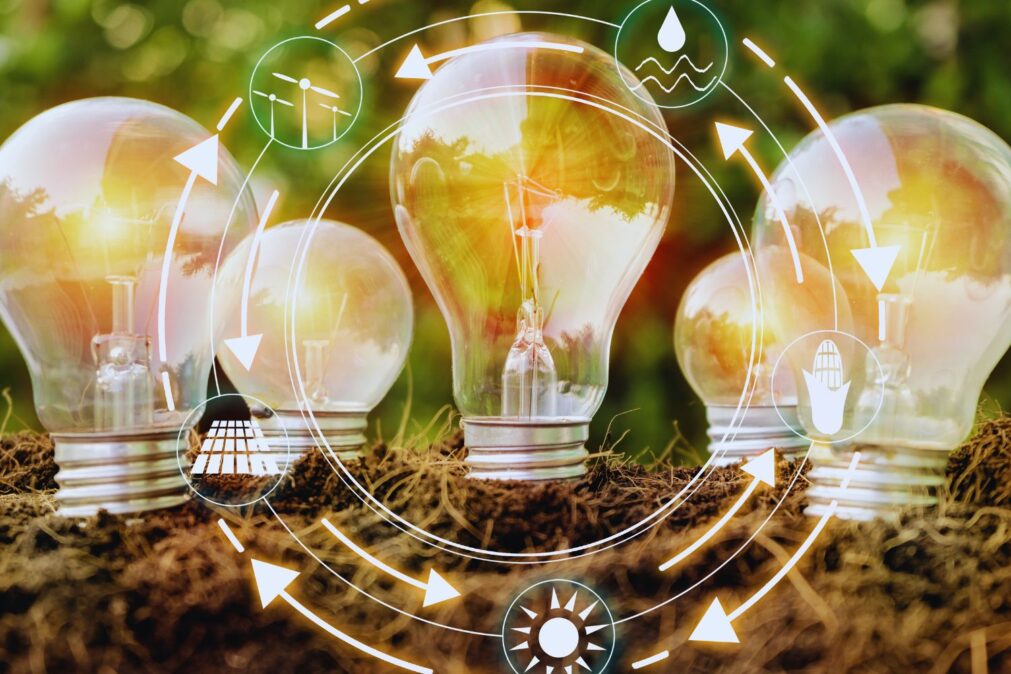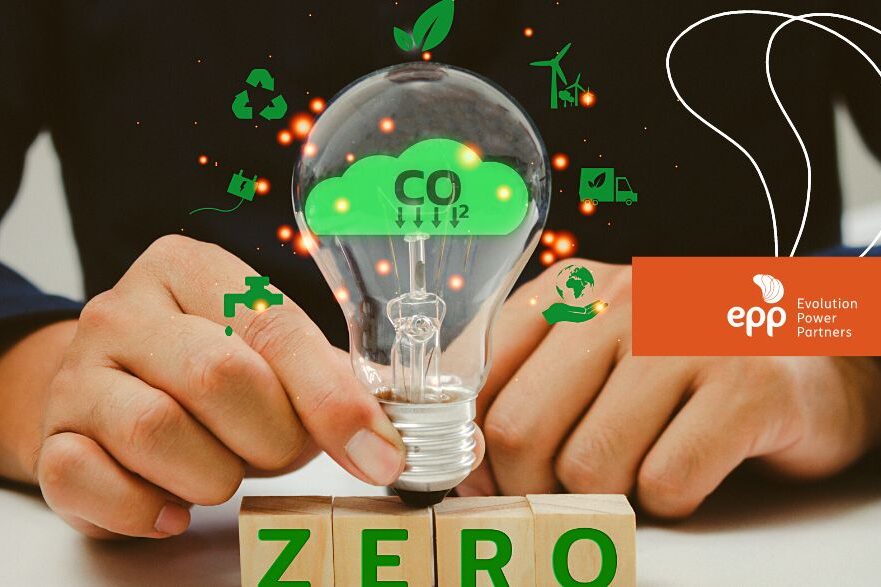Solar energy is of fundamental importance in the renewal of the Brazilian energy matrix. Understand the reasons in this content.
What is the importance of solar energy in the renovation of the energy matrix? Brazil entered the list of the ten countries that most installed solar energy systems in the world in 2020, according to the International Energy Agency (IEA). This number is relevant since, last year, the economy had a retraction in several sectors due to the pandemic.
The Brazilian energy matrix has been undergoing renovation and the solar source is one of the most highly rated matrices for this transition. The source, in addition to being sustainable, is accessible by most people. Better understand the importance of this source in the Brazilian matrix.
Why does the Brazilian energy matrix need renovation?
Although the country has one of the most renewable energy matrices in the world, around 43% of energy production comes from renewable energy sources, the scenario still needs to evolve for Brazil to meet the goals agreed in the Paris Agreement.
The Brazilian energy matrix is still dependent on fossil resources, such as coal, oil and its derivatives and natural gas. In addition to not being renewable sources, these options are responsible for the emission of greenhouse gases into the atmosphere, which increase global warming and climate change.
Another point is that the Brazilian electrical matrix is totally dependent on the hydraulic source. About 64% of energy is produced from hydroelectric plants. The source is renewable and clean, but the big problem is that in this model, energy generation is dependent on the rainfall cycle. At this time, the country is suffering from a water crisis that has increased electricity bills. Furthermore, about a fifth of the energy produced in this model is wasted in transmission. These losses result from at least 5% of the tariff paid by the consumer.
Therefore, the Brazilian energy matrix needs renovation. This change will bring more security of supply, will reduce energy costs, opting for clean sources. According to the federal government, hydroelectric plants will lose space to renewable energies, dropping to 51% of participation in the energy matrix, while alternative sources will grow to 28%.
The importance of solar energy
In the coming years, solar energy tends to consolidate in the country as one of the most used sources in distributed generation. The first reason is the abundance of sunlight in almost all states, throughout the year, which facilitates the capture of energy. In addition, the model is simpler and more accessible than building wind and biomass power plants, for example.
As technology advances and costs decrease, installing a solar system is no longer as expensive as it was in the past. The value has reduced by about 90% in the last ten years. As a way to encourage the model, the federal government zeroed the import tax for solar equipment by the end of 2021. According to the Brazilian Association of Photovoltaic Solar Energy (ABSOLAR), the sector moved around 16 billion reais in investments in 2020 and expectations are of 23 billion in 2021.
Compared to other clean and renewable options, the solar array is simpler. In the case of hydroelectric plants, construction requires high investments and has a great environmental impact. In the case of solar energy, installation is cheaper, uncomplicated and use is immediate after installation.
Despite the rapid pace of expansion, the source still has little relevance in the electricity matrix, only 2% of installed capacity according to ANEEL. But with the advances that have been taking place, both the government and the sector are confident that the source will command the advance of renewable energy in the coming years.
Have you ever thought about investing in the solar energy market? Still have any questions about the subject? Contact us.






